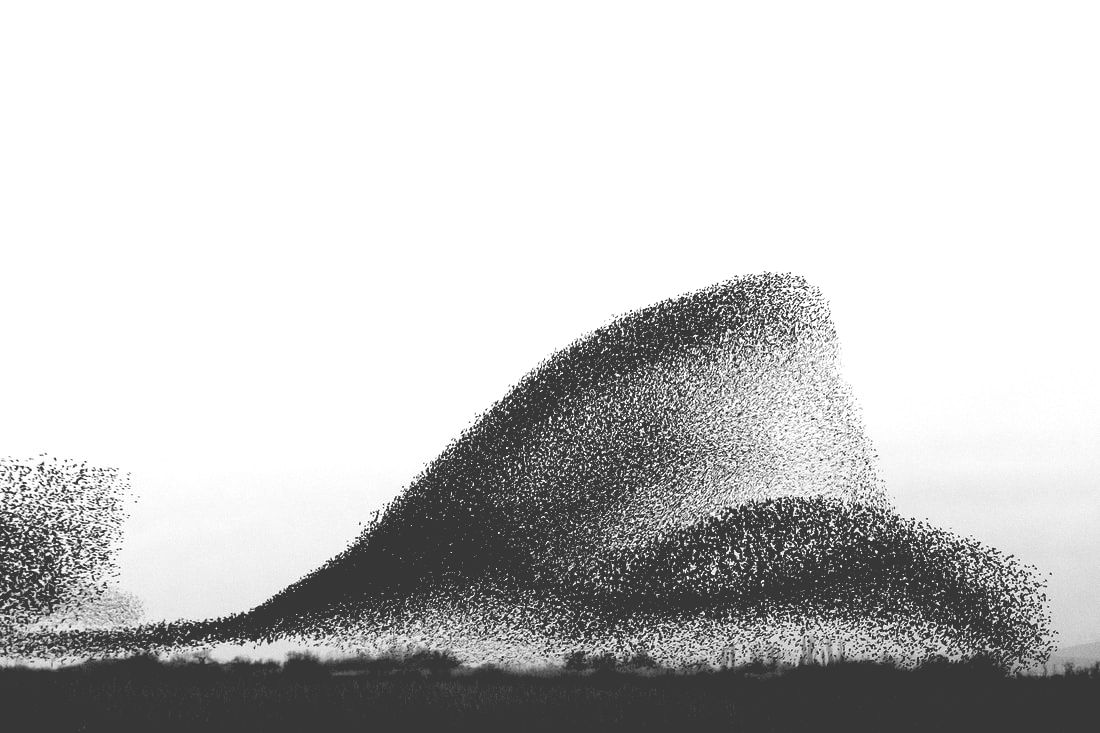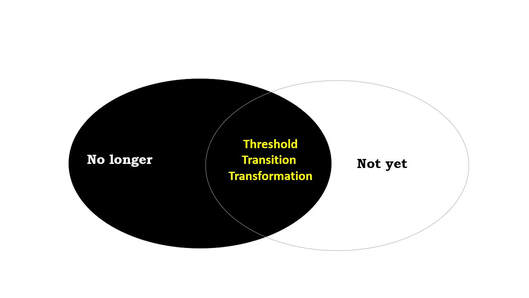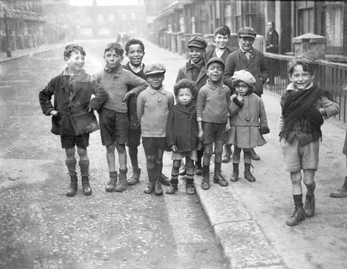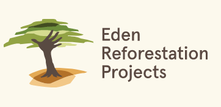"One can tell good players by their courage, altruism and imagination"
I am a shamelessly generous, courageous and unstoppable coach, beliefs breaker and action builder.
My clients are creative, passionate and resourceful, and just as brave as me.
We "make it happen" when we hold each other hand and spin out of comfort zones, embracing and setting in motion compassionate, effective actions.
My clients are creative, passionate and resourceful, and just as brave as me.
We "make it happen" when we hold each other hand and spin out of comfort zones, embracing and setting in motion compassionate, effective actions.
ExecutivesAfter 20 years leading global operations as well as scaling start ups, in very diverse industries, I realise that often as executives we want to have coaching that speaks our language, that understands the business, the strategy, the stakeholders, and can look at us and our struggles in context, making the coaching relevant, not too generic, sharper.
|
On the threshold. Being on the threshold (liminality) is a state of being that humanity across time and cultures has made the subject of rites of passage. It is an ambiguous space, where we hold the breath in expectation of something we can't yet see but are propelled towards and called to. Crossing this space(s) is life's Best Journey Ever: we discover what we would've never imagined, let go of the solid space behind us, and transform into our future being.
|
"In the universe there are things that are known, and things that are unknown, and in between them, there are doors”
- WILLIAM BLAKE
Today's global threshold: liminality and its relevance for sustainable change.
"During liminal periods of all kinds, social hierarchies may be reversed or temporarily dissolved, continuity of tradition may become uncertain, and future outcomes once taken for granted may be thrown into doubt. The dissolution of order during liminality creates a fluid, malleable situation that enables new institutions and customs to become established."
"God is dead", as poignantly pronounced by Nietzsche, is a time of dissolution that can happen at an economical, social and political level (changes in governance, values system, organisational and relational models, strategies, behaviors, in the public or business sector) or at the more subtle personal level (change of career, loss of sense of purpose and belonging, bereavement, end of a relation, passing of time), often in an intertwinement of the social and the individual levers.
It's the phase just before what we call "change", it is when the unconscious (collective or personal) prepares a new idea. We may be tempted to rush into the new, to cut corners and use safe paradigms belonging to the past, or abstracting and conceptualising a future reality: we shouldn't be surprised if our new construction (the change) soon reveals to be irrelevant and goes down the drain, pushing us back into dissatisfaction. Or we can be effective, and have the courage to stay in the tension which prepares the change, be in the eye of the storm, where our future is being cooked.
In this state we always need support, to stay authentic to the clues and hints we receive, read the room and adopt facts, call out intruders that would have us take shortcuts, and most of all, use the right language to define with clarity what's leaving and what's coming. It is only then that our new state ( change ) will be sustainable and can put us, our new identity, back in a solid and useful relation with the environment (employees, business stakeholders, personal relations, and your own self).
"God is dead", as poignantly pronounced by Nietzsche, is a time of dissolution that can happen at an economical, social and political level (changes in governance, values system, organisational and relational models, strategies, behaviors, in the public or business sector) or at the more subtle personal level (change of career, loss of sense of purpose and belonging, bereavement, end of a relation, passing of time), often in an intertwinement of the social and the individual levers.
It's the phase just before what we call "change", it is when the unconscious (collective or personal) prepares a new idea. We may be tempted to rush into the new, to cut corners and use safe paradigms belonging to the past, or abstracting and conceptualising a future reality: we shouldn't be surprised if our new construction (the change) soon reveals to be irrelevant and goes down the drain, pushing us back into dissatisfaction. Or we can be effective, and have the courage to stay in the tension which prepares the change, be in the eye of the storm, where our future is being cooked.
In this state we always need support, to stay authentic to the clues and hints we receive, read the room and adopt facts, call out intruders that would have us take shortcuts, and most of all, use the right language to define with clarity what's leaving and what's coming. It is only then that our new state ( change ) will be sustainable and can put us, our new identity, back in a solid and useful relation with the environment (employees, business stakeholders, personal relations, and your own self).
A requirement for leadership.
If you consider yourself a leader you need to know how to do this.
Or learn it.
Yes, it's right. You can't lead anyone if you are unable to get lost and find the way, not any way just for sake of brevity and comfort, but the way to get where is needed. This is what all leadership skills (complex problem solving, innovative thinking, communication, integrity, responsibility, etc) are about. Get lost and find the honest way, then take others with you, safely.
Street Smart Generosity ;)
For every new client being coached we plant a tree at the start AND donate a book to someone in need at the end, because we want the journey to be long for all of us here. Would you like to know how many books have been read and how many trees have been planted thanks to your coaching courage? Follow us.
T E S T I M O N I A L S"I truly understood how compassionate leadership gets results" |






